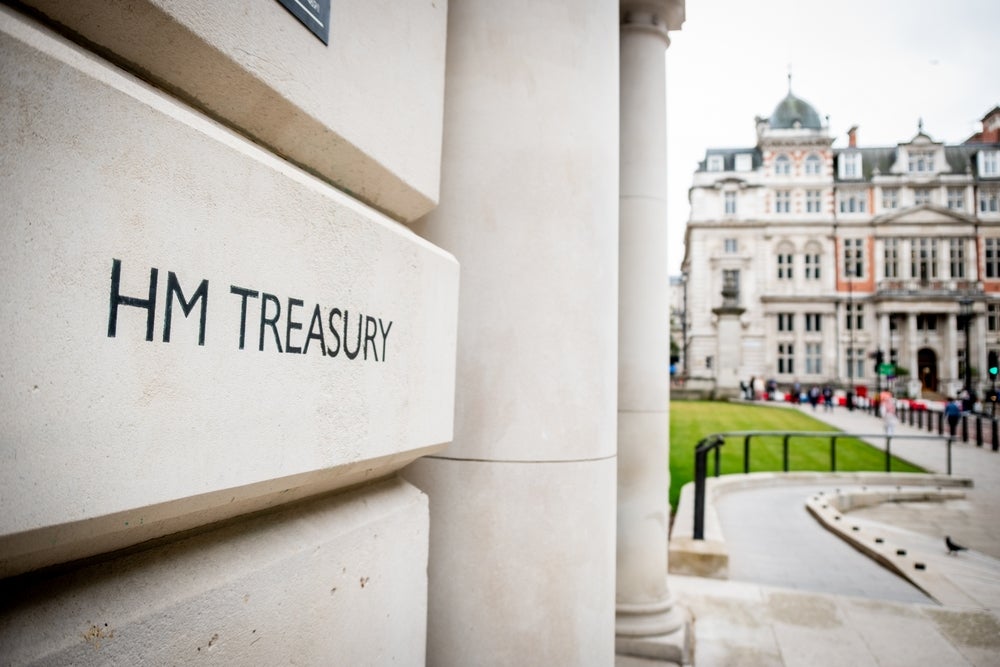
With the UK veering towards a much-feared ‘triple dip’ recession and iconic names such as HMV disappearing from the high street, a lesser known area of the global economy is enjoying record growth – international remittances.
Over the last 20 years, the amount of money workers sent home has increased eight fold – last year alone it was worth a massive $543bn.
The key dynamic is that there are now 150m immigrants worldwide – the majority of whom need a quick and affordable way to send funds to friends and family back home.
Many developing countries rely heavily on remittances – the United Nations found that for the world’s 48 poorest countries, they were almost double the value of direct foreign investment. For example, nearly a third of Liberia’s economy comes from remittances … while in Lesotho it’s just over a quarter.
With the digital revolution reducing foreign transfers to a simple – and increasingly profitable – process involving little more than a few clicks of a computer mouse, it’s hardly surprising The Economist has labeled the industry as ‘rivers of gold’.
How well do you really know your competitors?
Access the most comprehensive Company Profiles on the market, powered by GlobalData. Save hours of research. Gain competitive edge.

Thank you!
Your download email will arrive shortly
Not ready to buy yet? Download a free sample
We are confident about the unique quality of our Company Profiles. However, we want you to make the most beneficial decision for your business, so we offer a free sample that you can download by submitting the below form
By GlobalDataBut while banks reap the benefits the Internet delivers, some of the poorest people in Africa are forced to pay double the fees that are levied in the developed world – losing billions of pounds in the process.
Worst among the offenders is the omnipresent Western Union.
Dominating the remittance market, it’s involved in 214m transfers worth $76bn a year and levies an average fee of nine percent fee on each. But in sub-Saharan Africa – where Western Union and rival MoneyGram control two thirds of the market – the charge leaps to an extortionate and unjustifiable 20 percent.
That’s a fifth of every dollar, pound and euro lost.
A recent United Nations report found that in 2010 alone, this saw boosted Western Union’s profits by $6bn – money that’s desperately needed in African countries. According to the World Bank at least the five of the mostly costly remittance corridors are in Africa.
From a purely capitalist point of view, you can’t help but admire the way Western Union runs its business in Africa. They were first to recognise the region’s potential and established long-term contracts with agents that barred these pay-out locations from working with any rival.
Unsurprisingly, these anti-competitive practices helped it establish a near-monopoly position in many of the key corridors – and then set about establishing commission fees unthinkable in other areas where it faces competition.
Most of the transferred money that does make it through is spent on basic amenities such as food and housing. But as Bill Gates said in his address to the G20 if remittance fees were lowered by just five percent, it would unlock $16bn a year to developing countries across the globe. These funds that could be channeled into local infrastructure development and vocational training projects. The multiplier effect would be huge.
But there is some good news. In Africa, the widespread adoption of transfers based on smart-phones is beginning to disrupt the traditional models exploited by the likes of Western Union.
The public can now make a deposit into an account stored on their mobile phone, which they can in turn use to buy goods and services or withdraw funds at retail shops that are members of the mobile network.
Additionally, markets in Africa are slowly opening up to competition as a new generation of service providers begin to offer lower prices.
In 2009 the World Bank, with strong support from G8 heads of state, pledged it would work to half the global remittance fee average to five percent within five years "through enhanced information, transparency, competition and cooperation with partners, generating a significant net increase in income for migrants and their families in the developing world."
As we draw closer to the five-year anniversary of this promise, the reality is that there’s still a long way to go.
Michael Kent is the director of Azimo







